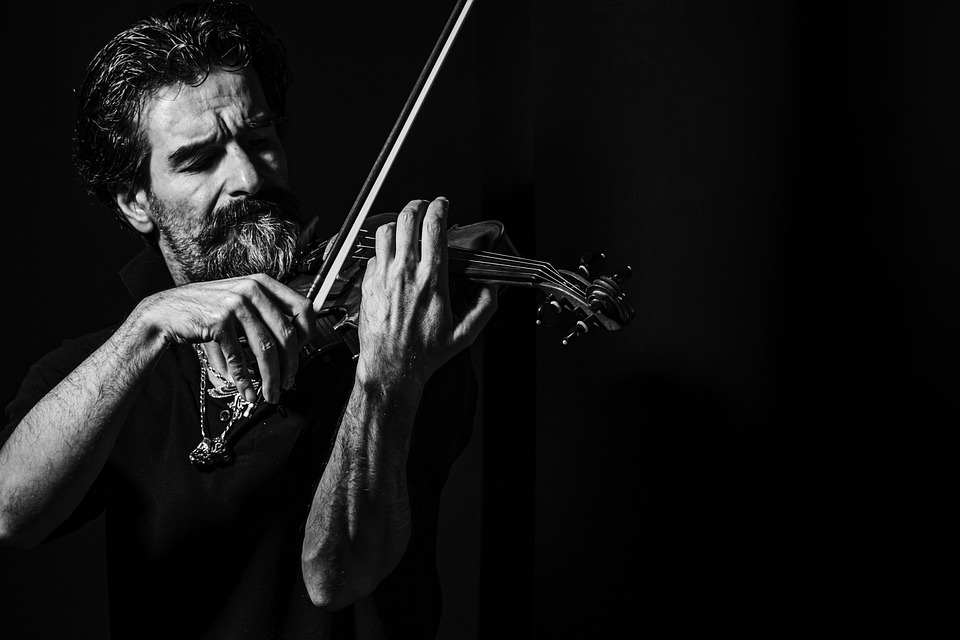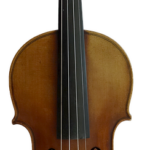The Importance of a Violin Pedagogue in Developing Young Talent
Learning to play the violin is a challenging and rewarding journey that requires dedication, discipline, and guidance. For young aspiring violinists, having a skilled and experienced violin pedagogue can make all the difference in their musical development. A violin pedagogue plays a crucial role in helping young talent reach their full potential and achieve success in their musical endeavors.
1. Guidance and Mentorship
One of the most important roles of a violin pedagogue is to provide guidance and mentorship to young aspiring violinists. A skilled violin teacher can help students navigate the complexities of learning the violin, from mastering technique and musical interpretation to developing a strong practice routine and performance skills.
A violin pedagogue can offer valuable insights and advice on how to approach difficult passages, improve intonation and bowing, and overcome performance anxiety. By serving as a mentor and role model, a violin teacher can inspire and motivate students to strive for excellence and set ambitious goals for their musical development.
2. Technical Instruction and Training
A violin pedagogue is responsible for providing technical instruction and training to young violinists, helping them develop a solid foundation of technique and mastery of the instrument. Through focused and structured lessons, a violin teacher can help students improve their posture, bowing technique, finger placement, and overall control of the violin.
By offering personalized feedback and guidance, a violin pedagogue can help students identify and correct technical issues, develop efficient practice habits, and strengthen their overall playing technique. With careful attention to detail and a comprehensive approach to technical instruction, a violin teacher can help young talent build the skills and confidence needed to excel in their musical pursuits.
3. Musical Interpretation and Expression
In addition to technical instruction, a violin pedagogue plays a vital role in developing young talent’s musical interpretation and expression. A skilled teacher can help students understand the nuances of musical phrasing, dynamics, articulation, and stylistic interpretation, allowing them to bring their performances to life with emotion and artistry.
By guiding students through the process of studying and interpreting musical scores, a violin pedagogue can help them cultivate their musical sensitivity, creativity, and expressive capabilities. Through thoughtful and insightful feedback, a violin teacher can encourage students to explore new musical ideas, experiment with different playing styles, and develop a personal and unique musical voice.
The Impact of a Violin Pedagogue on Young Talent
The impact of a violin pedagogue on young talent extends far beyond technical instruction and musical guidance. By providing mentorship, inspiration, and support, a skilled violin teacher can help students develop important life skills and values that will benefit them both on and off the stage.
1. Discipline and Dedication
Learning to play the violin requires a high level of discipline, dedication, and commitment. A violin pedagogue can help instill these important values in young talent by setting clear expectations, establishing structured practice routines, and holding students accountable for their progress and development.
By fostering a culture of discipline and dedication in their students, a violin teacher can help young talent develop the perseverance, resilience, and work ethic needed to overcome challenges, achieve their goals, and realize their full potential in all aspects of their lives.
2. Confidence and Self-Esteem
Playing the violin can be a daunting and challenging experience, especially for young aspiring musicians. A skilled violin pedagogue can help boost their students’ confidence and self-esteem by providing positive reinforcement, constructive feedback, and unwavering support.
By creating a safe and nurturing learning environment, a violin teacher can empower students to take risks, make mistakes, and grow from their experiences. By celebrating their successes and helping them learn from their failures, a violin pedagogue can help young talent build the self-confidence and self-esteem needed to perform with poise and conviction on stage.
3. Collaboration and Communication
Playing the violin is not just a solitary pursuit but also a collaborative and communicative art form. A violin pedagogue can help students develop important teamwork and interpersonal skills by encouraging them to collaborate with other musicians, participate in ensemble playing, and engage with audiences and communities.
By promoting a culture of collaboration and communication in their students, a violin teacher can help young talent develop the essential skills of active listening, effective communication, and respectful interaction. By fostering a sense of camaraderie and camaraderie among their students, a violin pedagogue can help them build lasting friendships, professional connections, and a sense of belonging in the musical community.
In conclusion, the role of a violin pedagogue in developing young talent is invaluable and indispensable. By providing guidance, mentorship, technical instruction, and musical inspiration, a skilled violin teacher can help students reach their full potential, achieve their musical aspirations, and develop important life skills that will serve them well in their future endeavors. The impact of a violin pedagogue extends far beyond the classroom and stage, shaping the lives and careers of young aspiring musicians for years to come.


